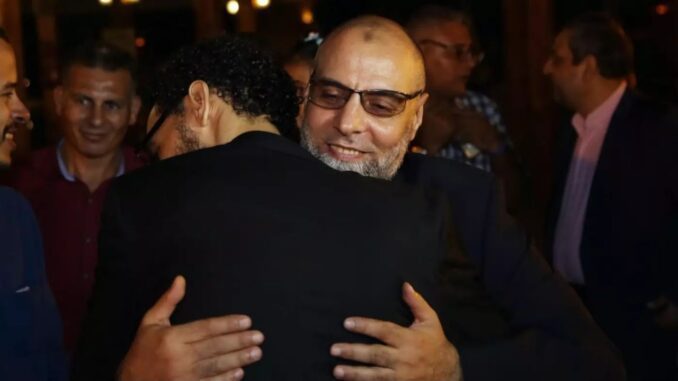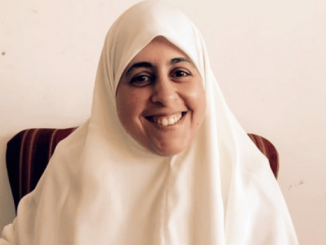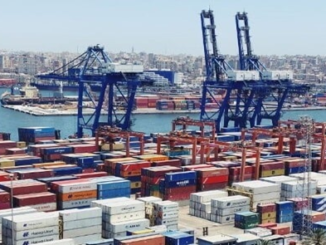
Gamal Ziada, father of human rights defender Ahmed Ziada, was released from a 28-day detention for his son’s outspoken criticism of the Egyptian government
The father of Belgium-based Egyptian journalist and human rights advocate Ahmed Gamal Ziada was released on Tuesday after 28 days of arbitrary detention, according to a post on X (formerly Twitter) by Ziada.
Gamal Abdelhamid Ziada was arrested on 22 August by Egyptian state security forces in Giza, near his workplace. He was questioned about his son’s work and accused of “misuse of communication, the spreading of false news, and joining a banned group”, according to his son.
No arrest warrant was presented, Ziada’s phone was confiscated, and he was detained in an unknown location, human rights groups reported.
Ahmed Ziada, himself a former political detainee, had denounced the charges, stating that his father, who owns a clothing manufacturing business, had no political affiliation.
Rights groups have dismissed the arrest as politically motivated, and said that the father was interrogated about his son’s journalistic work.
“The Egyptian government is using families as chess pieces in its abusive campaign to force Egyptian critics abroad into silence,” Amr Magdi, a senior Egypt researcher for Human Rights Watch, said in a statement following the disappearance of Ziada’s father. “President Sisi should immediately rein in his security forces and end these hostage-like arrests.”
Two days prior to his father’s release, Ziada delivered a speech during a side event at the 54th session of the UN Human Rights Council, in which he spoke about the injustice his family endured.
“Let’s say that I am a criminal, and I publish fake news; you should face me, you don’t just take my family and put them at risk in their own country.”
“My dad doesn’t write, he doesn’t have anything to do with human rights [advocacy]”, he said during the speech.
The targeting of family members of dissidents is a tool widely believed to be used by Sisi’s government to stifle dissent, intimidate critics and silence human rights defenders.
As editor-in-chief of Zawia3, a news website publishing critical reports on social, economic and political rights in the context of the current Egyptian government, Ziada had been subject to arbitrary detention multiple times before leaving Egypt.
His longest period of detention – 497 days – came after Ziada was accused of illegal protest and engagement in violent activities in the aftermath of Sisi’s military coup, which overthrew former President Mohamed Morsi.
Many outspoken Egyptian political activists, such as Alaa Abd el- Fattah and Hisham Kassem, languish in prisons which hold an estimated 60,000 dissidents.



